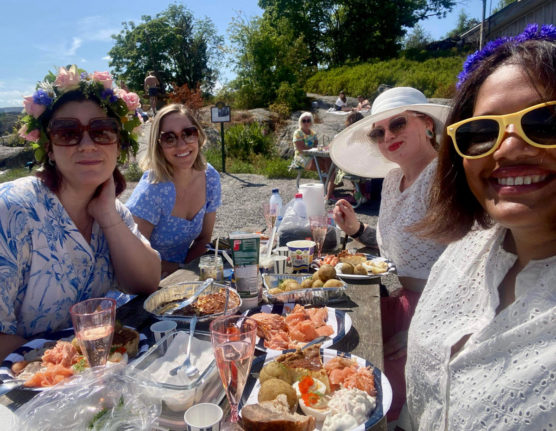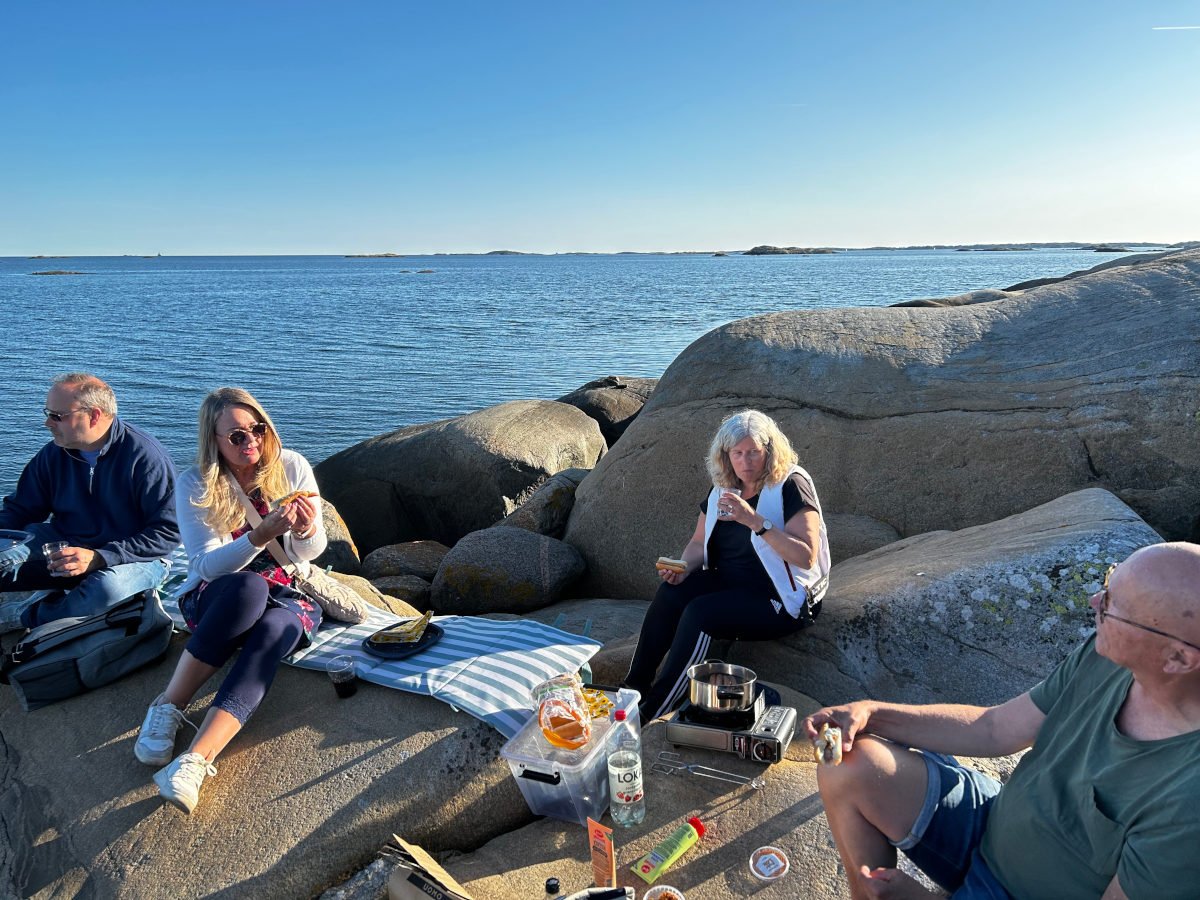It was a dark and cold October day as I found myself standing outside Arlanda Airport.
It had been a long journey from Singapore to Stockholm in the midst of the Covid-19 pandemic. The first thing I noticed was that most of the pandemic restrictions that applied to people in the rest of the world were not as strict in Sweden. I looked like a real stranger with my face mask on.
But, somewhere in my heart something stirred, and my soul felt a little joy after seeing some form of normality. The taxi driver said something that sounded like “hey” in English, and so I responded in English. Then we started driving towards the centre of Stockholm.
Within 45 minutes, I was in Gamla Stan, and it was already evening. I was tired, but I won’t forget what I felt when I saw the beauty of the city. When the lights sparkled on the water, it was like poetry composing itself.
In the hotel lobby, I heard Swedish being spoken among people, and it was like music to my ears. It had been a long time since I learned a new language, but there was something melodic in the Swedish language that truly captivated me from the beginning.

Because there is freedom in Swedish society, it is easy to fall in love with something.
None of the Swedes I met said that I had to learn Swedish to survive in Sweden. As a result, I explored the language in my own way, and slowly fell in love with it.
Of course, attitudes towards language requirements have changed nowadays, but I’m grateful that it wasn’t like that when I started learning Swedish. It could have been very demotivating for me if someone had tried to force the language on me.
Instead, I had the opportunity to enjoy Swedish music, books and the culture in general. There was a song that inspired me to develop my Swedish and delve deeper into my language journey. The song was called Vem tänder stjärnorna by Eva Dahlgren (“Who lights the stars?”). What a beautiful song, just amazing. Evighet (eternity) is my favourite word in Swedish, which I learned from that song.
What is my goal with the Swedish language? A really good question.
But is there a goal in just watching the sunset with your dog on the beach? Or to dim the lights at three in the morning, closing your eyes and listening to “The Midnight” or “The Paper Kites”? Is there a goal when you share “Dad jokes” with your friends on a taco Friday night?
Many people learn French, Japanese or Italian to experience the culture and follow their hearts. I can say that there is no quantifiable goal but to enjoy the language journey, and sometime in the future, I can articulate my thoughts properly in a proper way in the Swedish language.
Yes, indeed, I’m still learning Swedish. There are certain situations when I can’t understand anything or find the right words from my limited vocabulary to explain something. But I’m trying, like many of us who are learning Swedish and love the language.
My grammar is wrong in various ways, and my pronunciation is flawed, and there have been several occasions when Swedish speakers have switched to English, perhaps out of sympathy or sometimes with a bit of a rude attitude.
I can only ask everyone who speaks Swedish not to discourage us but rather to help us learn this beautiful language instead.
Indian by origin, Sunny Das moved to Sweden in October 2020 and works as a software developer. The article was originally published in Swedish and translated to English by The Local. Would you like to share your Swedish story with The Local? Email our editorial team at [email protected] and we’ll get back to you if it’s something we’re able to publish.





 Please whitelist us to continue reading.
Please whitelist us to continue reading.
I once had a sweet, tell me that when an immigrant from Africa tries to speak, Swedish, people are very proud of his effort. But when people from America, try to speak, Swedish, we just laugh at them. I am only comfortable using my Swedish with small children.
I live in the USA. My experience has been encouragement but impatience with trying converse in Swedish with me. I write in Swedish more fluidly than I speak.
Our granddaughters have started learning Swedish as well. My oldest lives with us and her best friend is named Svea. When I met Sveas father I asked, “Kan du svenska?” he said, “Na, I went to British school. Swedish is a useless language, that is why we all learn English.” Maybe English is more “useful”, but I find Swedish captivating.